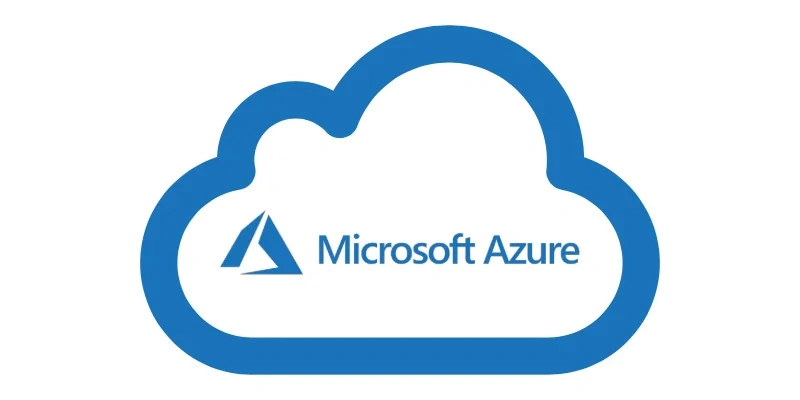Google, which has always tried to defend itself against monopolistic behavior across the USA and Europe, is now complaining of anti-competitive practices by Microsoft and Oracle.
In a letter to the Federal Trade Commission on Wednesday, Google accused Microsoft uses unfair licensing terms to lock in clients to hold control over the cloud-computing market.
Google mentioned Microsoft’s licensing restrictions as a complex web that prevents firms or businesses from diversifying their enterprise software vendors.
Google said, “Such control represents a significant national security and cybersecurity risk.”
In its FTC letter, Google also complained that Oracle’s practices are dangerous to customers.
Google said, “With overly complex agreements that seek to lock in clients to their ecosystems, companies such as Microsoft and Oracle are not only forcing customers toward a monolithic cloud model but also limiting choice, increasing costs for customers, and disrupting growing and thriving digital ecosystems in the U.S. and around the world.”





